Talend Data Catalog vs Dawiso: Which Data Catalog Is Right for You in 2025?
Looking for a data catalog that fits both business and technical needs? Talend Data Catalog might check some boxes on paper, but when it comes to usability, flexibility, and AI-readiness, Dawiso brings a modern approach that better supports today’s agile, data-driven companies.
Talend Data Catalog vs Dawiso Comparison
Talend Data Catalog is part of the broader Talend and Qlik ecosystem. While it provides core cataloging features like business glossaries and data lineage, it shows signs of aging, especially in UI design, business user experience, and its alignment with AI-powered tools.
Dawiso, on the other hand, is a fresh, standalone platform purpose-built for both business and technical users. It includes native support for modern cloud data stacks, AI-enhanced productivity features, and extensive customization, all without requiring you to lock into a single vendor ecosystem.
Key Strengths of Talend Data Catalog
Talend Data Catalog does offer solid functionality for organizations that are already using other Talend or Qlik tools. Key strengths include:
- Broad technical connectivity: Includes connectors for Oracle, SAP, Teradata, and other legacy systems.
- Basic data lineage: Tracks table and column-level data lineage.
- Integration with Talend Studio: Seamlessly links with Talend’s ETL environment, ideal for users committed to the full Talend/Qlik stack.
If you're heavily invested in Talend or Qlik, the data catalog may provide sufficient value, but outside this ecosystem, limitations become clear.
Limitations of Talend Data Catalog
While it has the right features on paper, Talend Data Catalog struggles in areas that are critical for modern data teams:
Outdated and Technical-Only UI
The interface feels dated and is focused on technical users. Business users often struggle to navigate the platform or contribute to documentation and metadata management, leaving data silos in place.
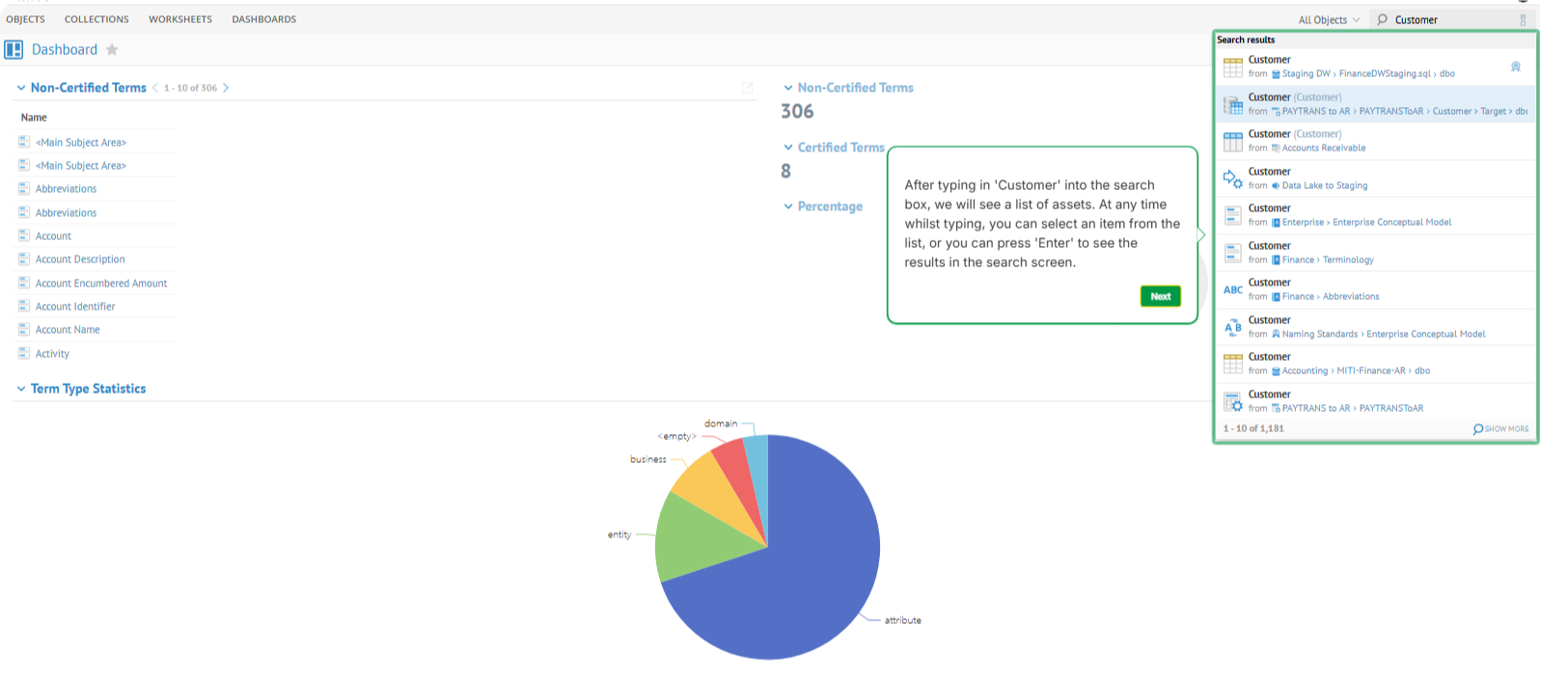
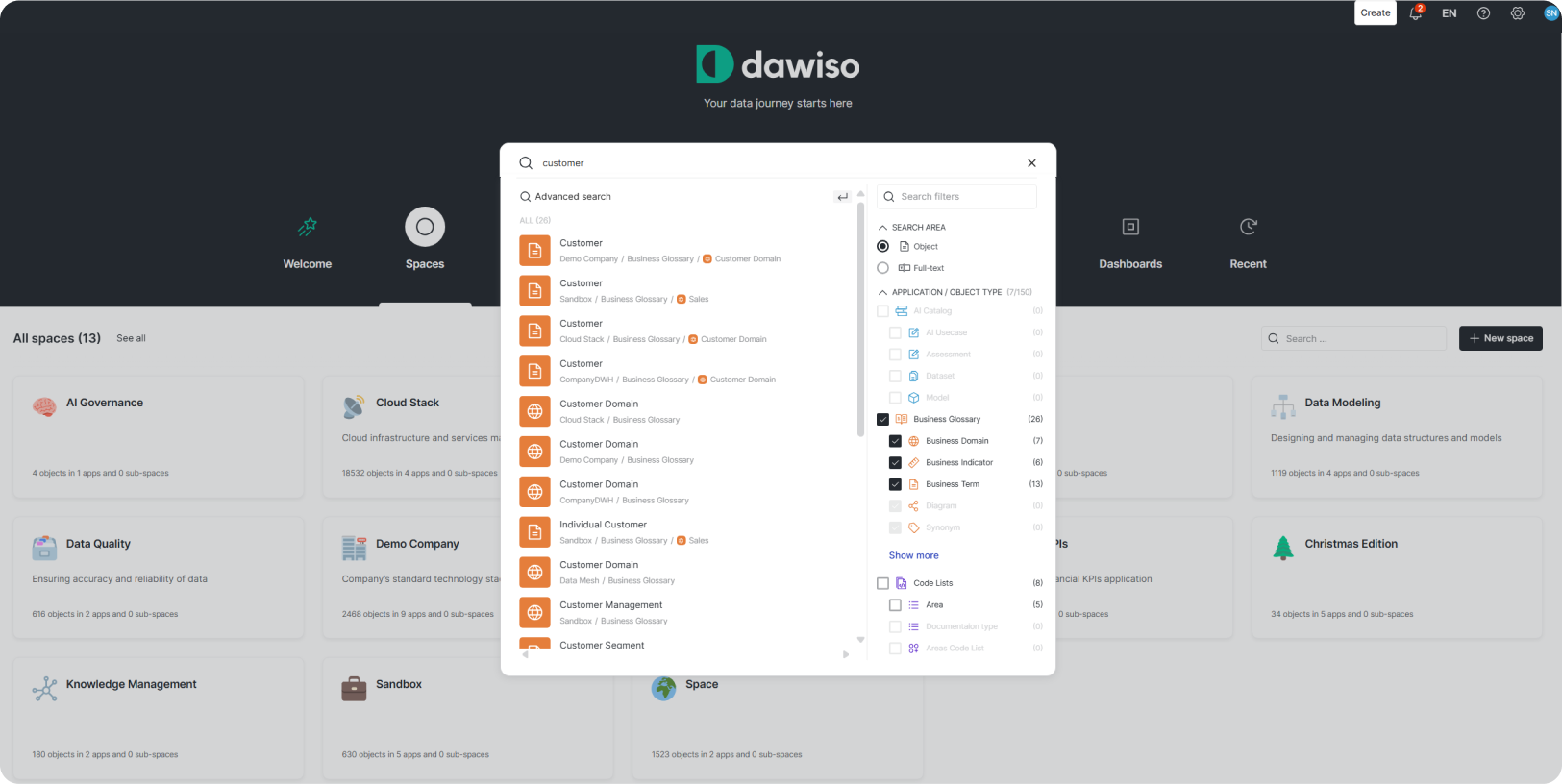
While Talend relies on legacy UI patterns, Dawiso delivers a familiar, app-store-like experience, making search feel effortless even for business users unfamiliar with data catalog systems.
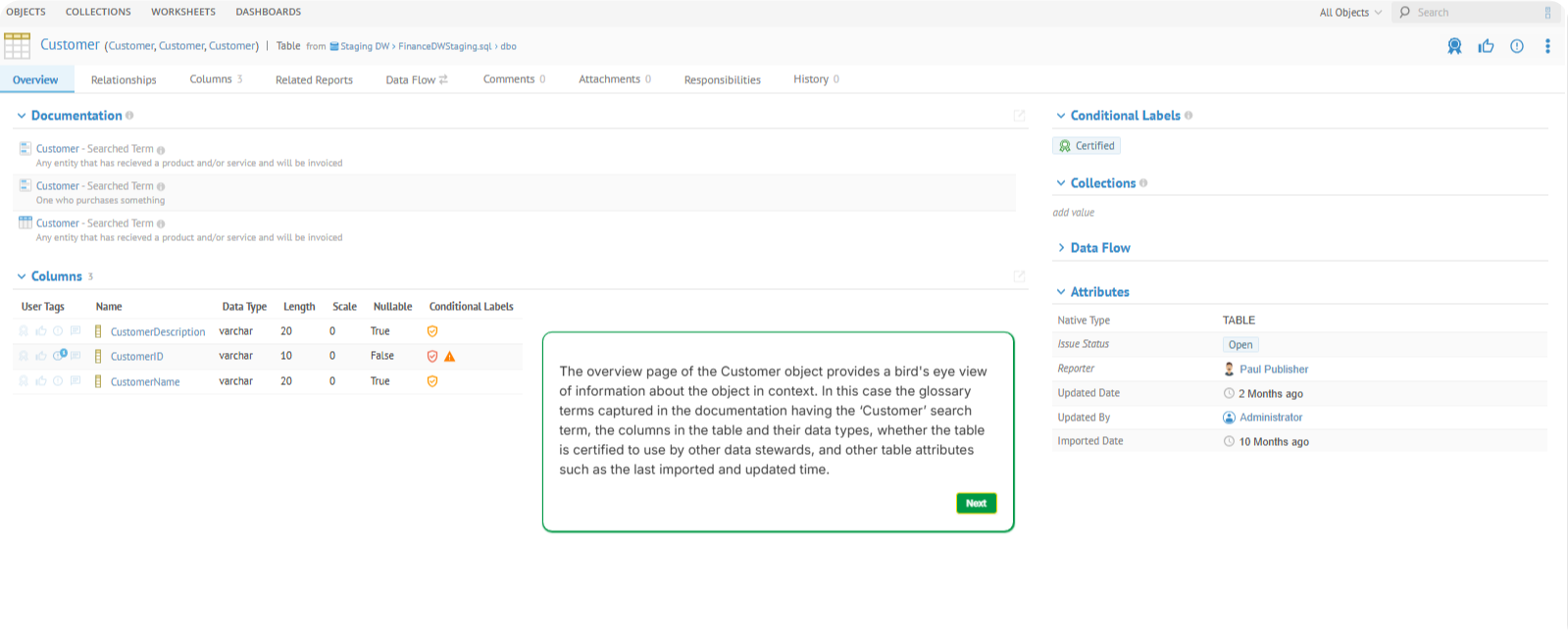
Talend displays term details in a table-style layout with low visual hierarchy. While it shows documentation, data types, and technical attributes, it lacks interactivity, visual context, and clarity for non-technical users. The view feels dense and outdated.
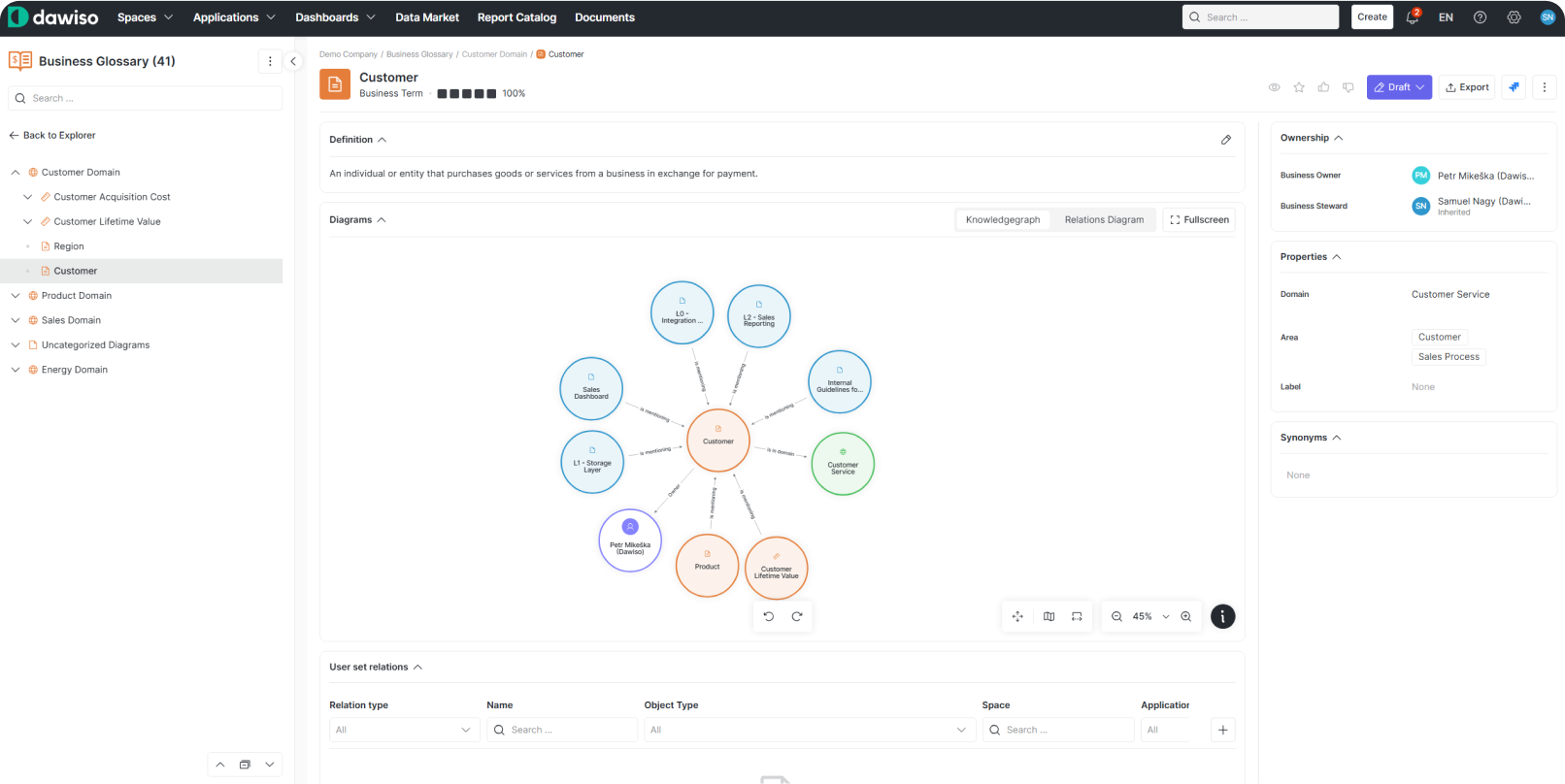
Dawiso presents the term “Customer” with clear ownership, domain context, definition, and an interactive relationship diagram. Business users can quickly understand how this term is used, linked, and governed—all within a modern, responsive interface.
Outdated UI leads to poor business usability. Without business-friendly views or simplified metamodel representations, non-technical users are left out of key data workflows. This means lost contributions from subject matter experts who actually understand the data.
Limited Flexibility
Talend Data Catalog is closely tied to Talend and Qlik. This limits flexibility, especially if your data infrastructure includes Snowflake, BigQuery, or modern data integration platforms like Keboola. Using other tools often means extra integration work or even migrating parts of your pipeline.
No AI features
As of 2025, Talend doesn’t offer embedded AI or support for AI agent ecosystems. That’s a major limitation if you're looking to scale documentation, accelerate onboarding, or build self-service AI experiences based on your data catalog.
Limited Customization
The platform offers only shallow front-end customization. You can’t adapt the metamodel, transfer settings between environments, or easily configure it for your organization’s governance needs.
Dawiso vs Talend Data Catalog – Feature Comparison (2025)
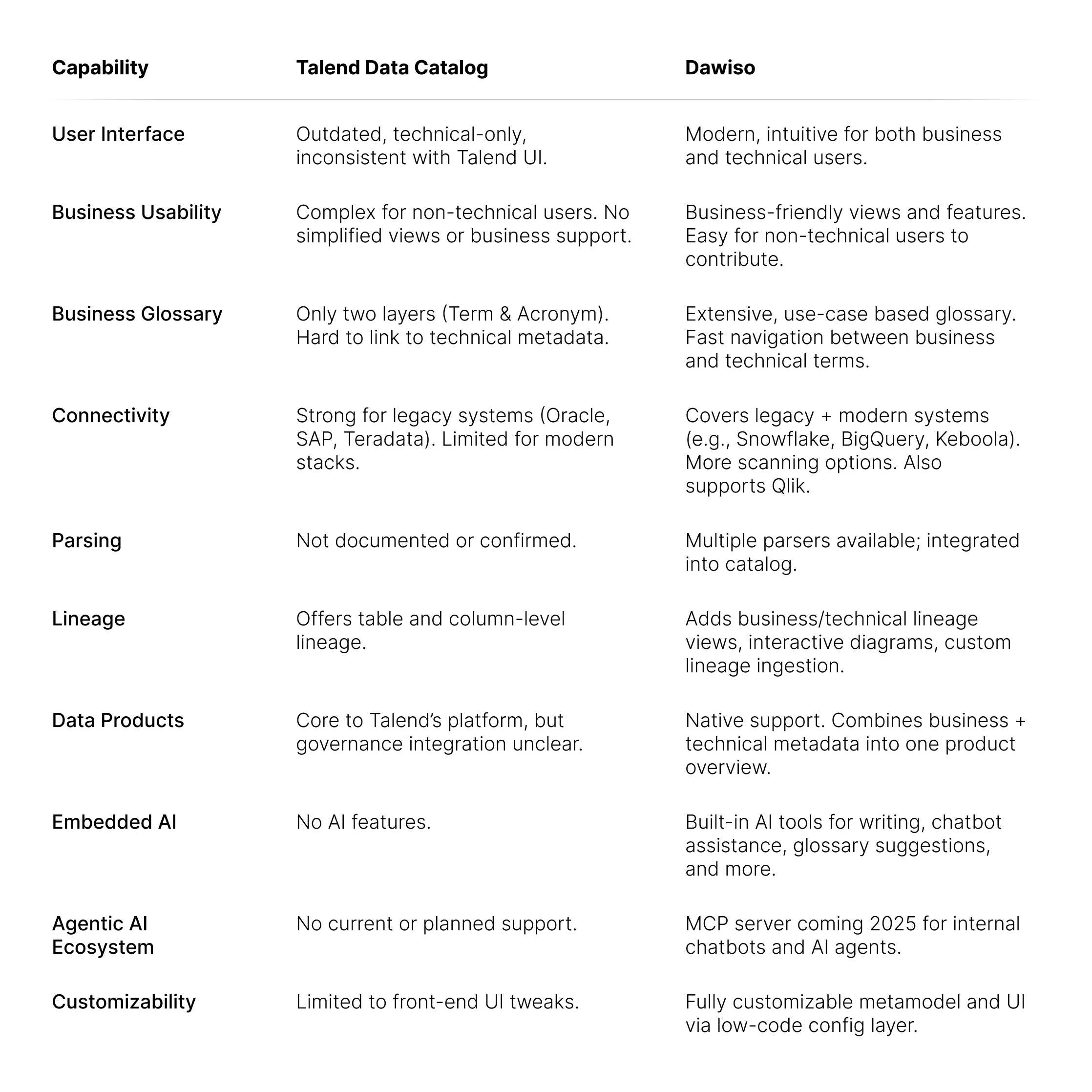
Why Dawiso Is a Stronger Choice for 2025
Dawiso is built from the ground up to support both modern tech stacks and the people who use them, whether they’re analysts, compliance officers, or data engineers.
- Modern, intuitive interface designed for both business and technical users
- Built-in business views to empower non-technical users without training
- AI-enhanced productivity features like description generators, metadata chatbots, and AI-assisted stewarding
- Powerful lineage visualization, including business/technical toggles and custom ingestion
- Connectivity – Covers legacy and modern systems, but also supports Qlik.
- Fully customizable metamodel and governance configuration via a low-code configuration layer
- Support for agentic AI ecosystems with upcoming MCP server rollout
In short, Dawiso gives you everything you’d expect from a modern data catalog, and more, without the overhead and rigidity of legacy platforms.
Final Verdict: Dawiso vs Talend Data Catalog
If you're operating in a Talend/Qlik environment and don't plan to change anytime soon, Talend Data Catalog may still work for you. But if you're looking for a future-proof, AI-ready, business-friendly data catalog that actually encourages collaboration across departments, Dawiso is the smarter choice.
Don’t settle for outdated tools. Explore Dawiso and see what a modern data catalog can do for your team. You could find these links useful:
Data Catalogs Comparison Guide

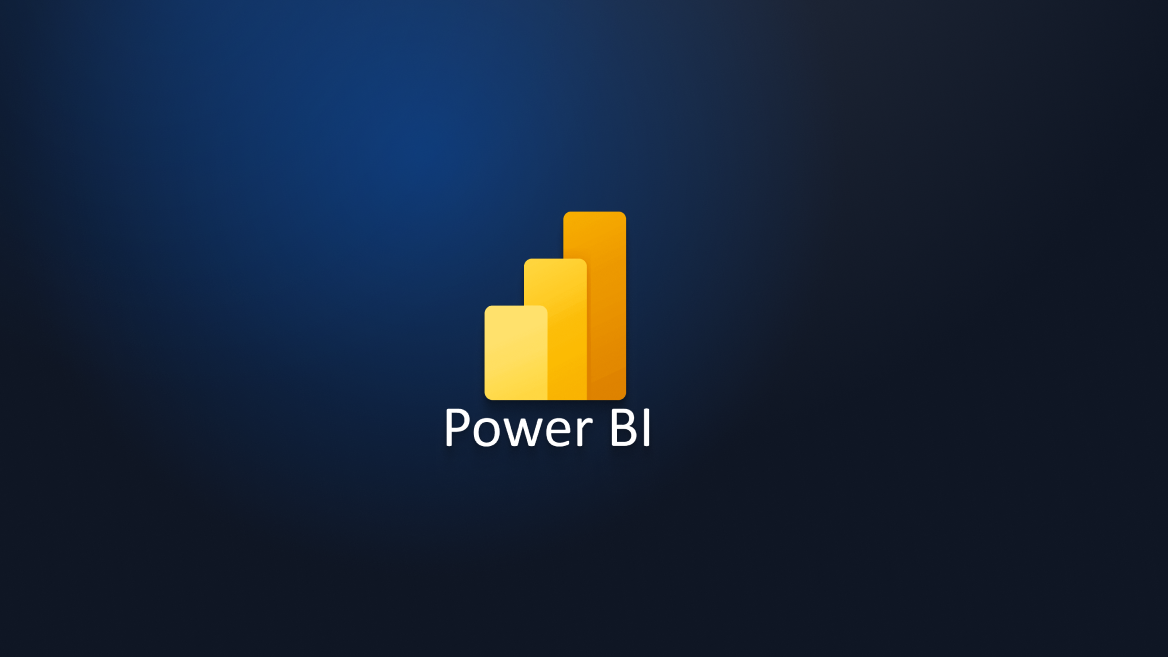





.png)



